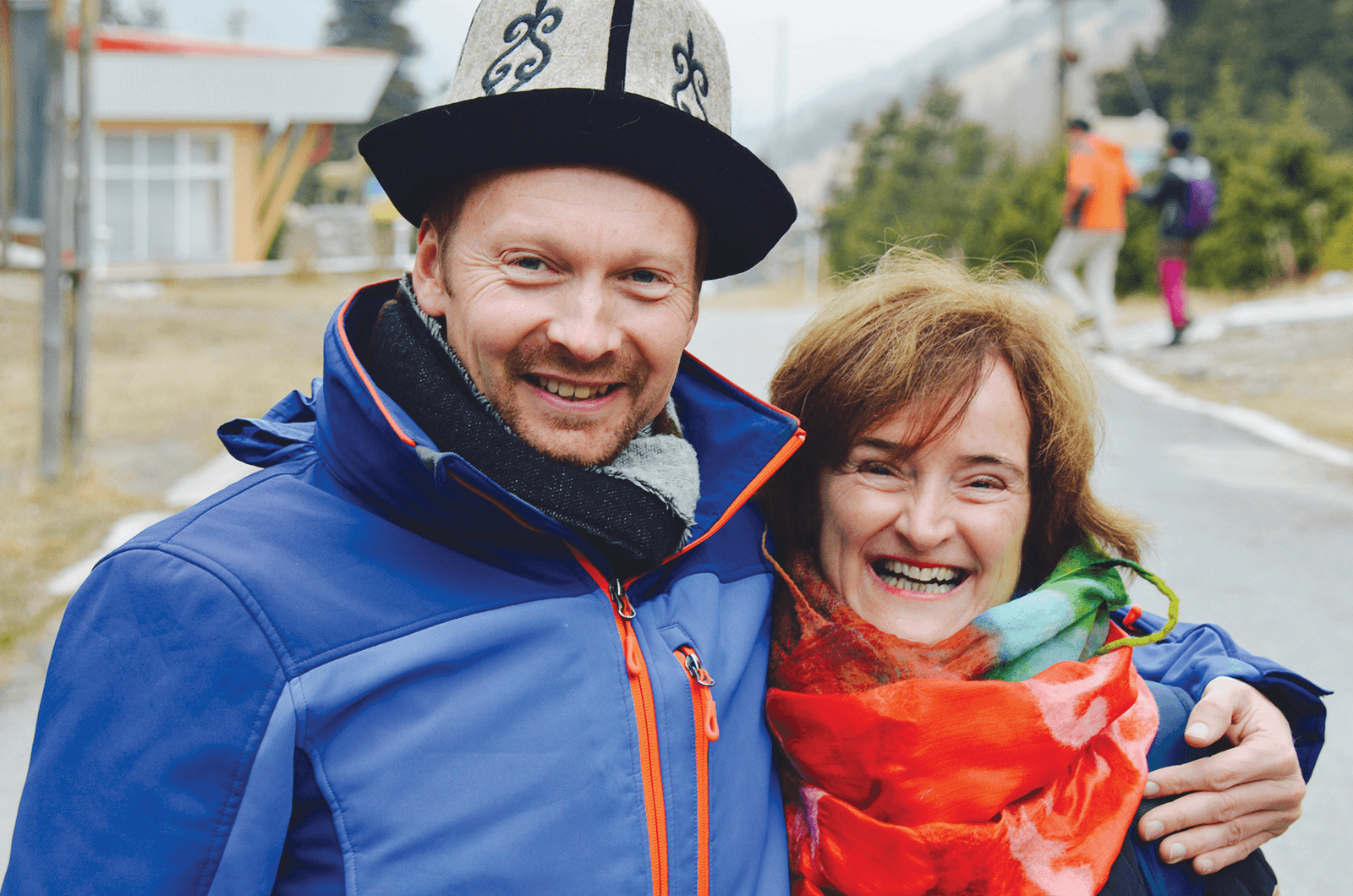Imagine you’re a tour guide meeting tired-but-hopeful travelers at the airport. What do they want from you? A guide they can trust—one who will navigate them safely through unfamiliar territory and give them a fun, interesting experience along the way.
You’ve got that initial five to seven minutes to make an indelible first impression, to build rapport and establish trust by what you say and how you say it. On the first night of a tour, guests don’t want to know details about an activity happening in three days’ time. They want entertainment, camaraderie and “need-to-know” information—all communicated effectively.
Or to put that in Toastmasters speak: audience engagement, humor and brevity. Leave them wanting more.
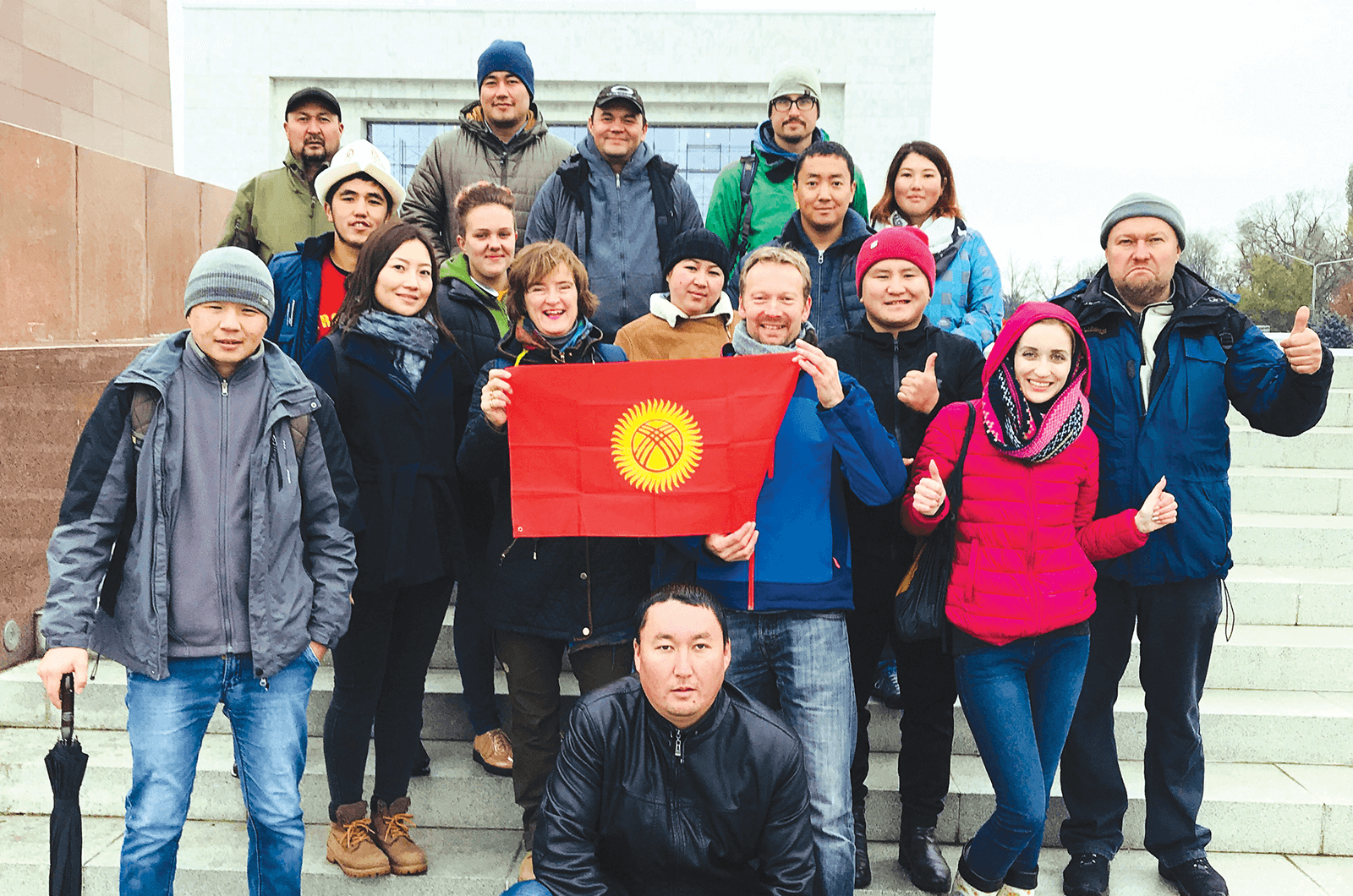
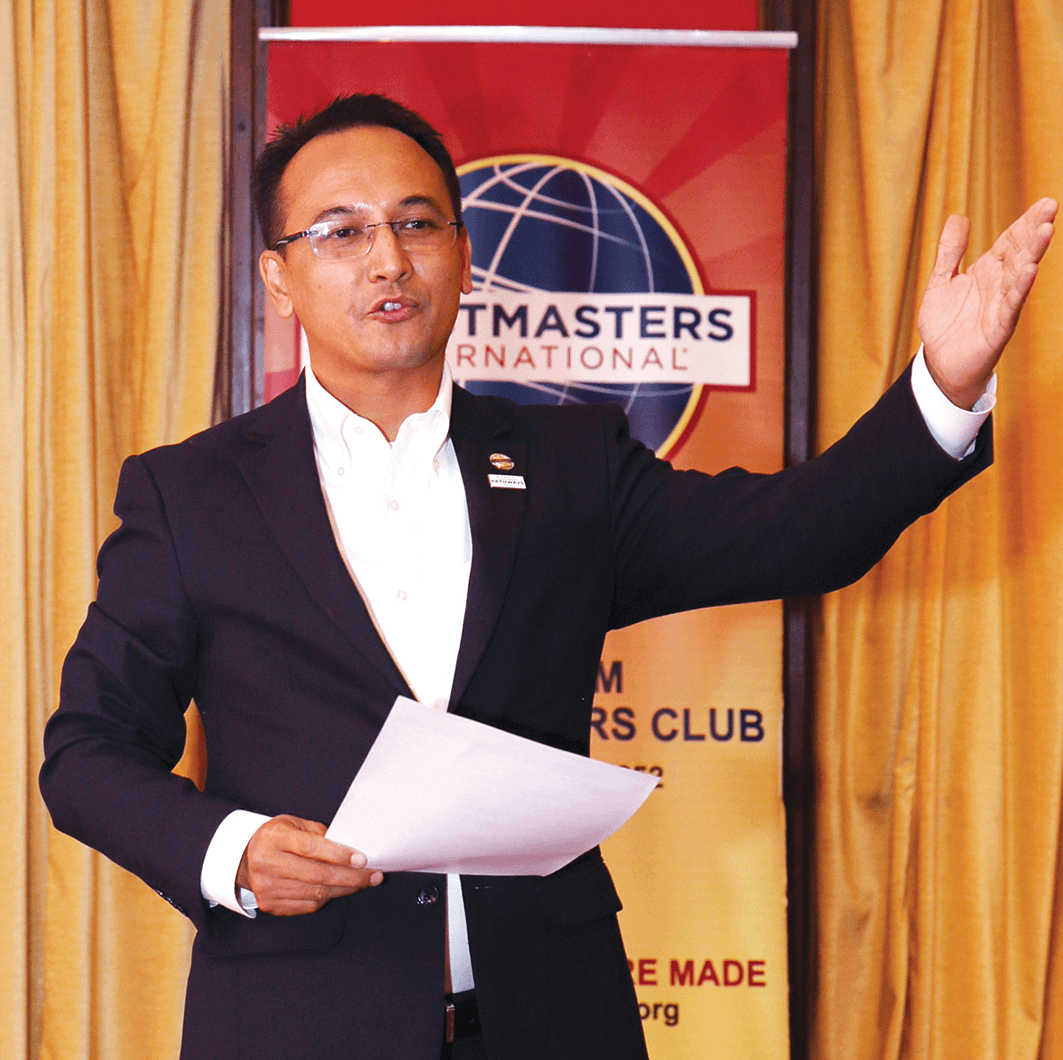
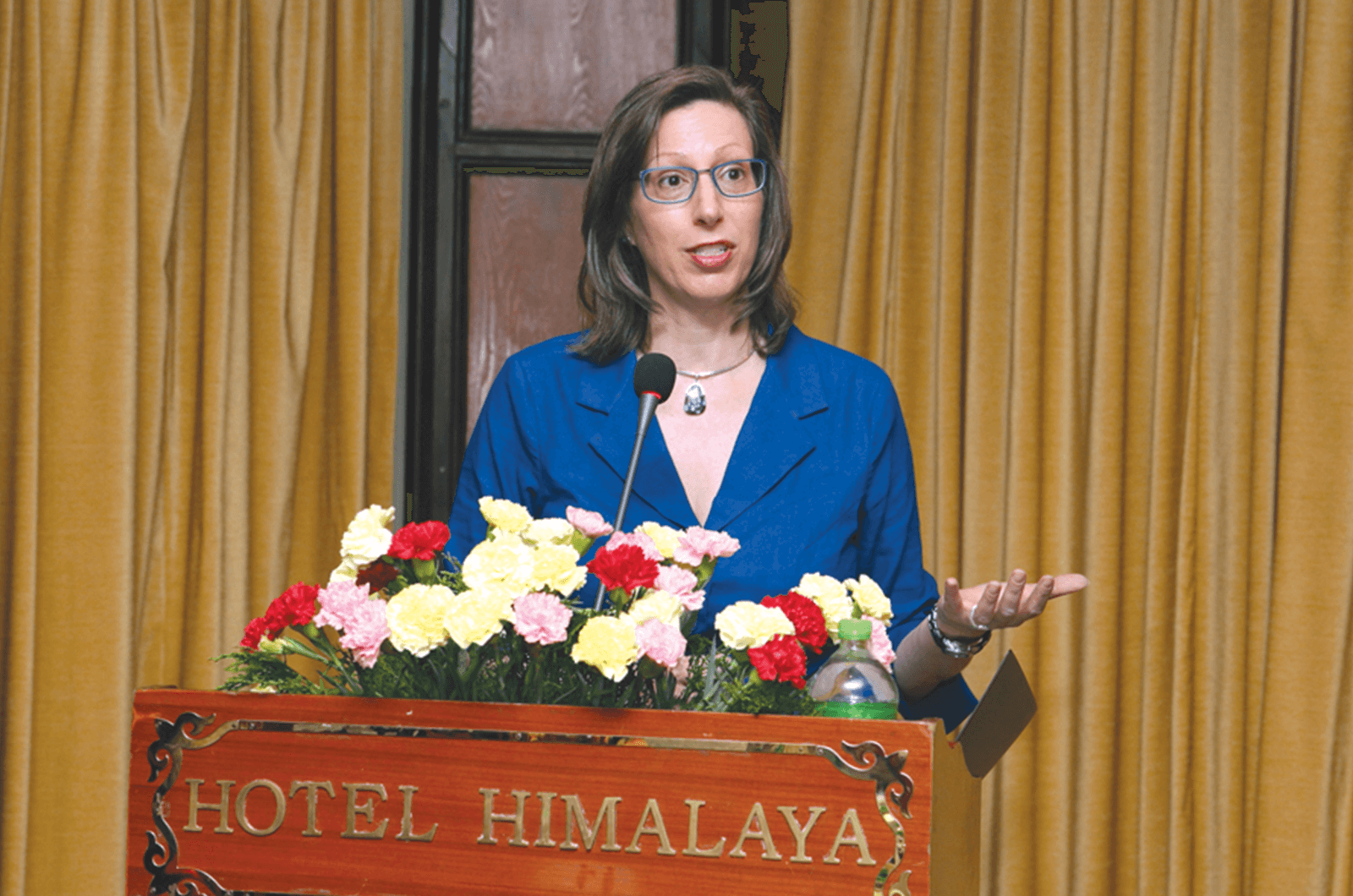
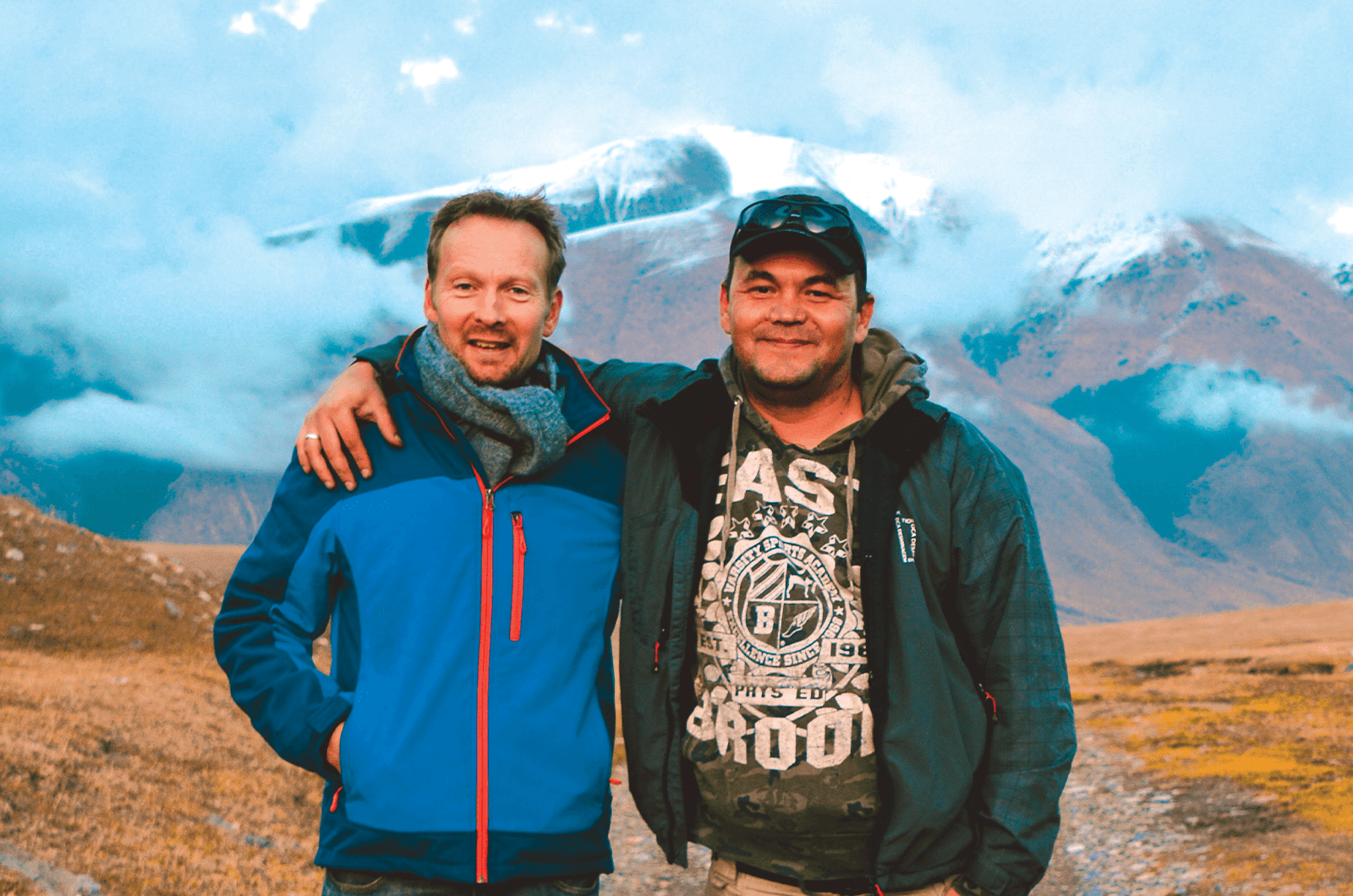
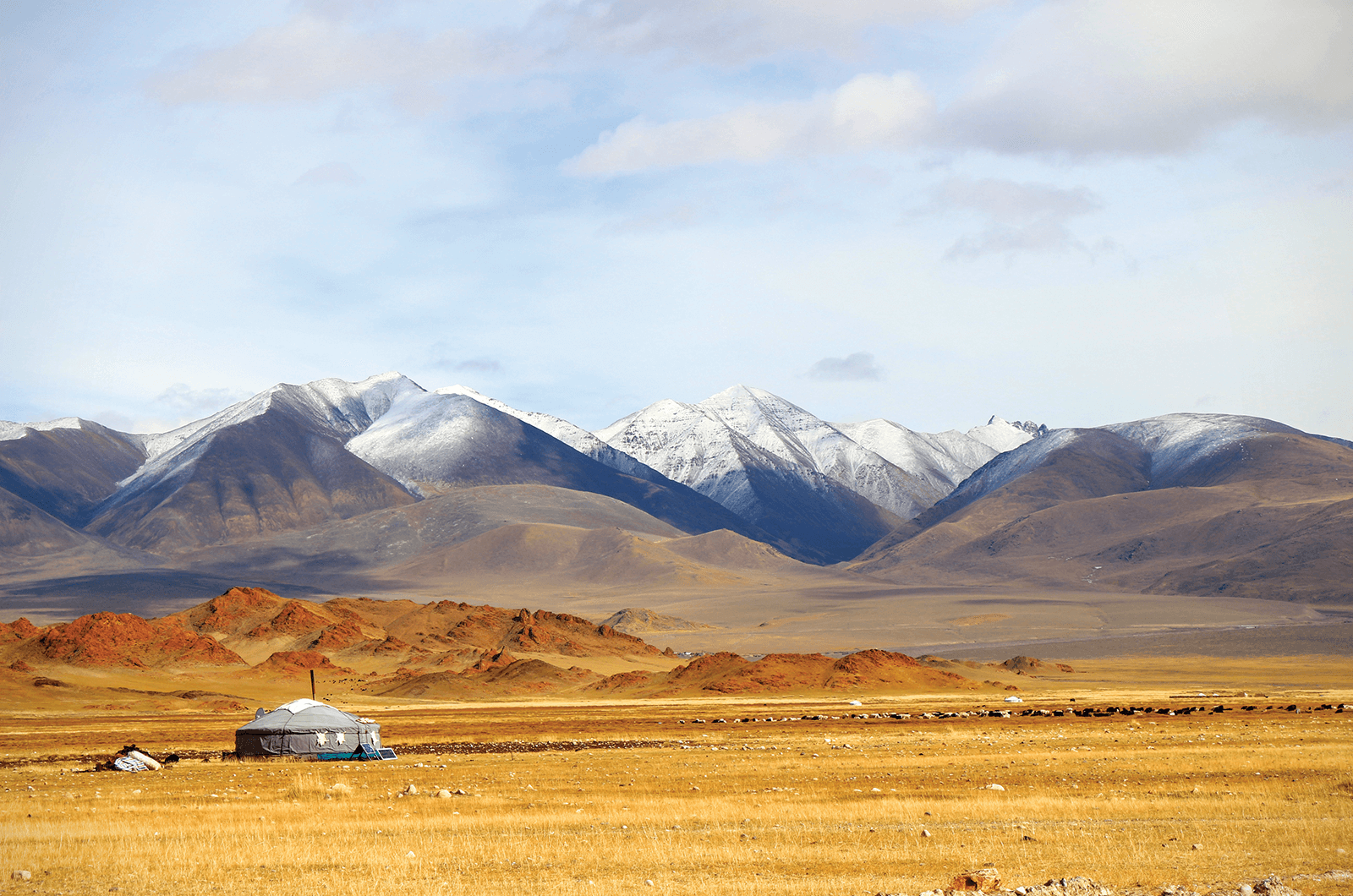
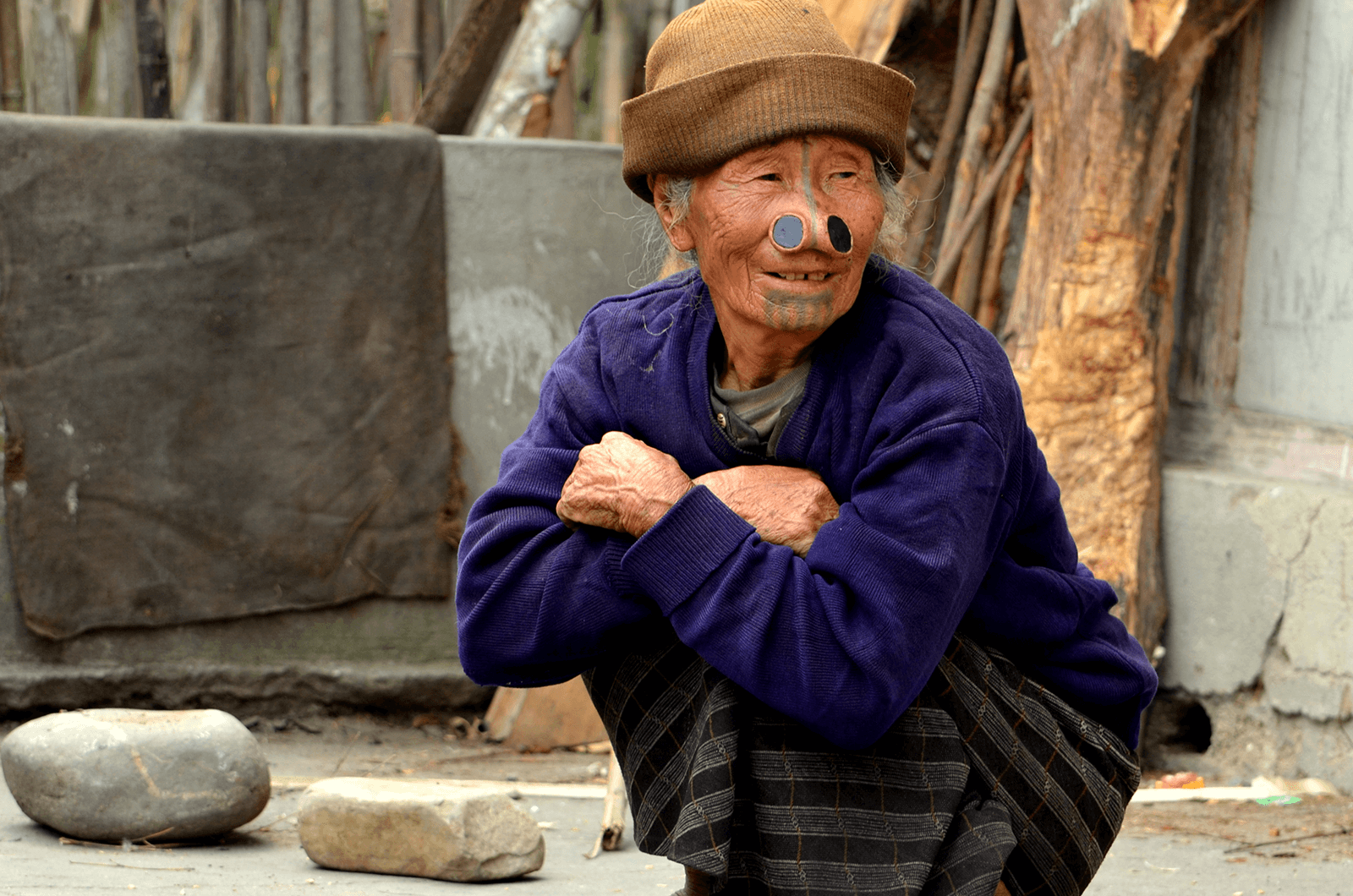

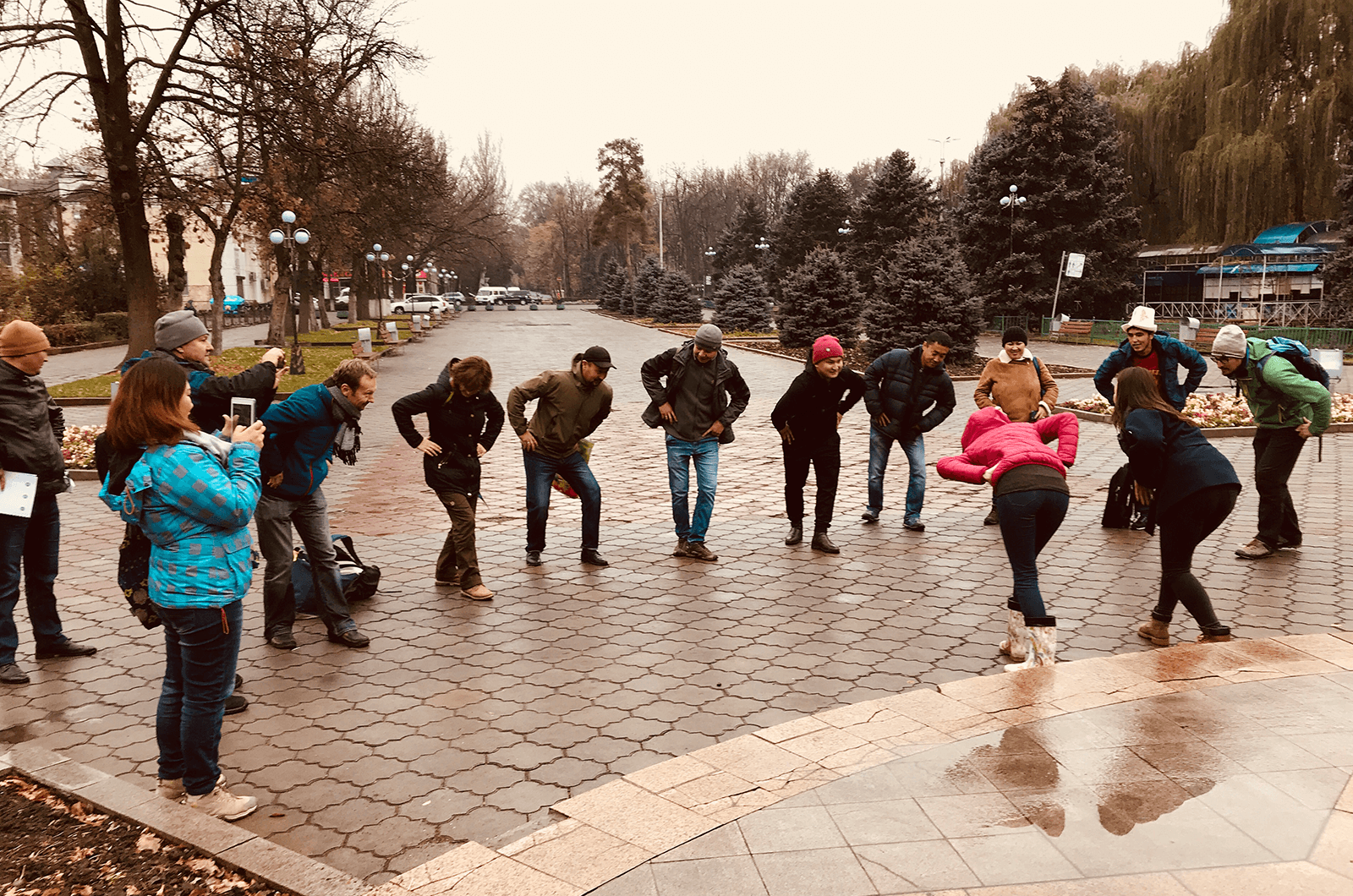
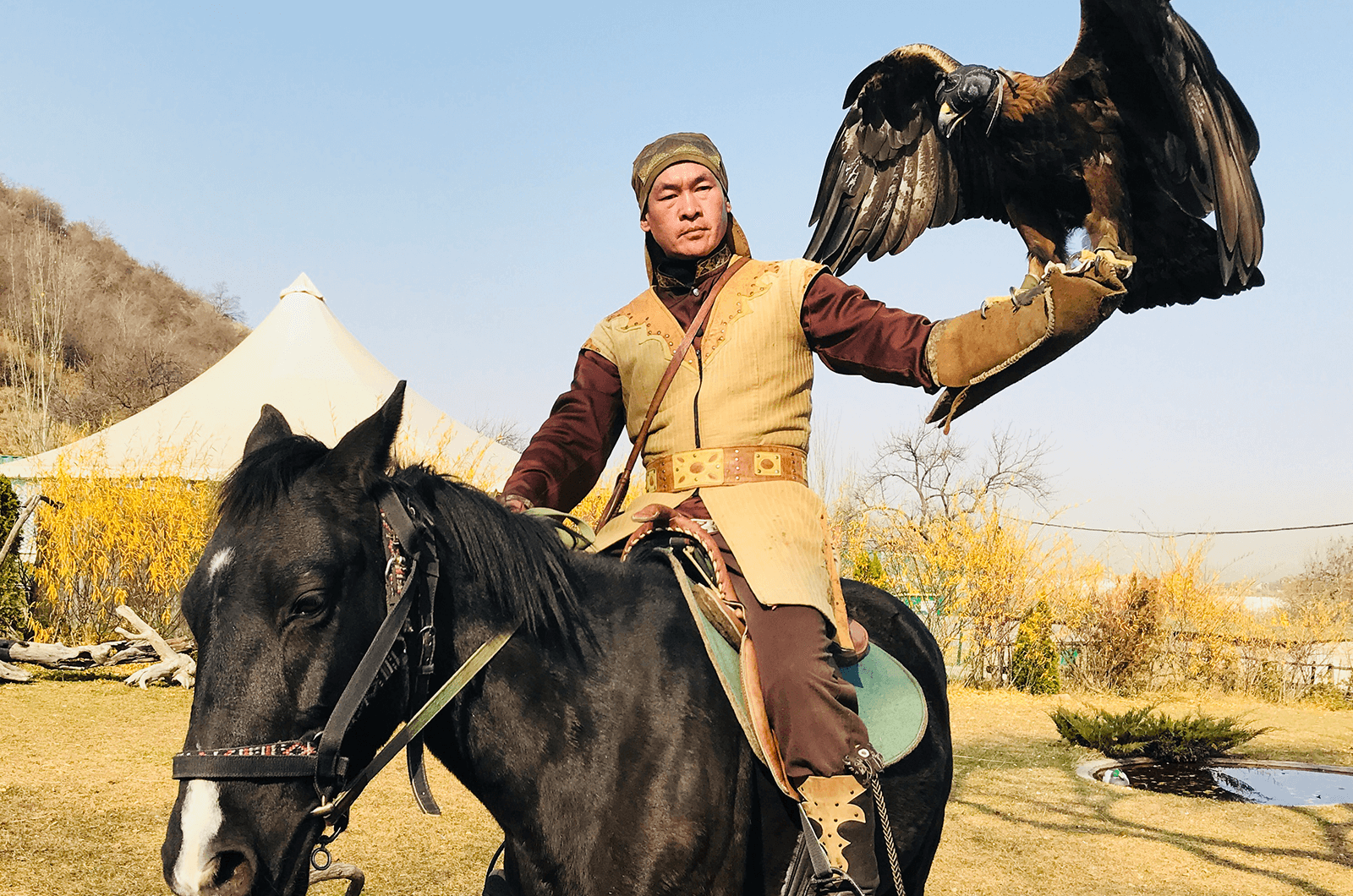
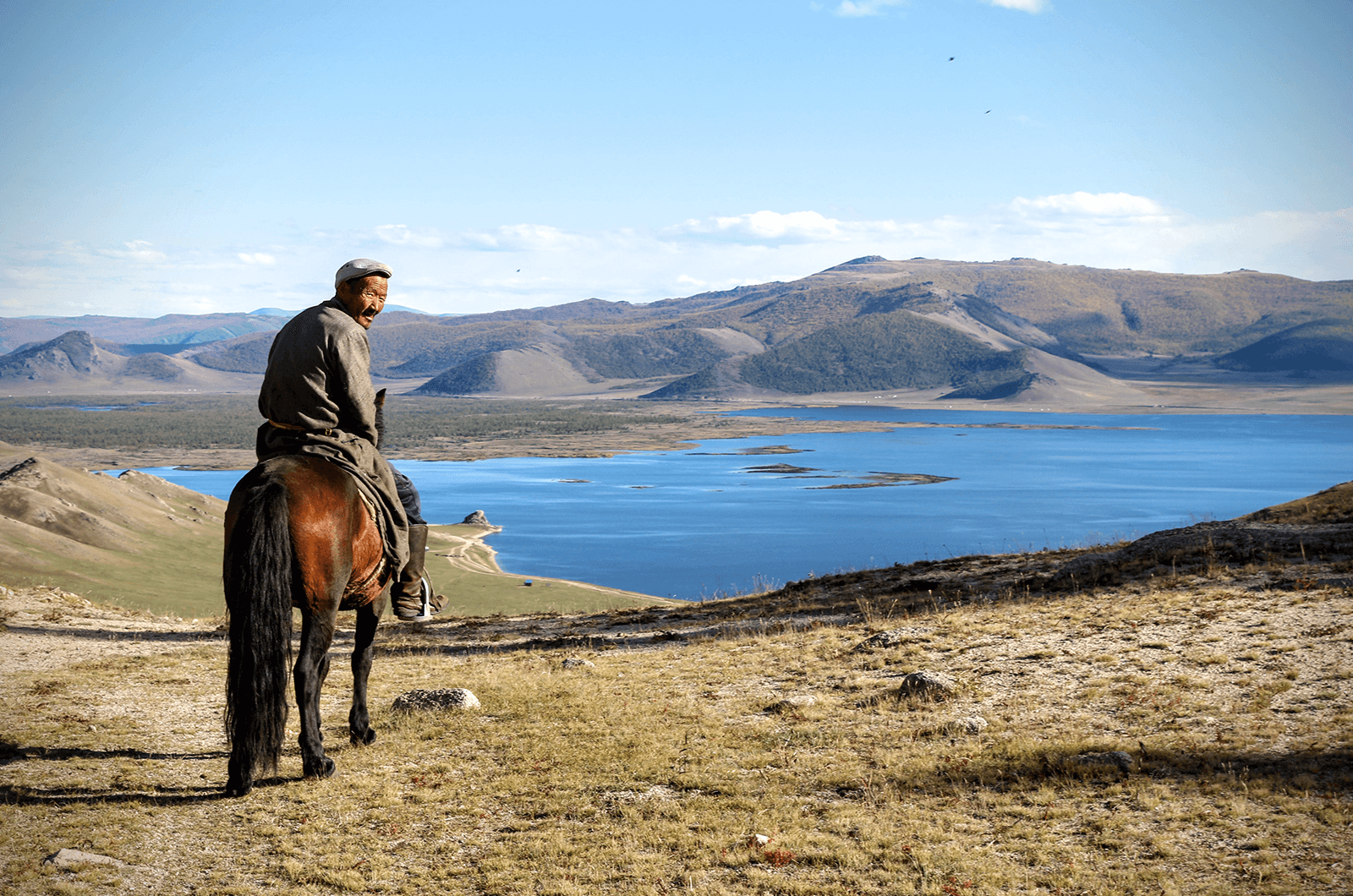


Taking Toastmasters Skills on Tour
Toastmasters is the perfect place to develop skills employed in the tourism business. To that end, Pankaj Pradhananga, ACB, helped start the Tourism Toastmasters club in Kathmandu, Nepal, a scenic country where tourism is a key industry. Its 28 members include trek and tour operators, hoteliers, airline managers, tourism consultants, entrepreneurs, a hospitality school founder and the CEO of the Nepal Tourism Board.
Pradhananga became the club’s charter president in October 2017. He is the director of Four Season Travel & Tours, a Nepali company with tour operations in the Himalayan region. With its majestic mountains and diverse geography, Nepal is rich territory for all explorers. It remains one of the most popular places in the world for adventure travel. The country’s north side offers breathtaking peaks and thousands of trails that crisscross the land; the south is popular for is abundance of jungle and wildlife.
Four Season Travel & Tours specializes in “soft adventure,” like trekking in places where the altitude is below 4,000 meters (about 13,000 feet). But Pradhananga says that, with the help of an experienced team of trekking guides and sherpas, he has also led some tours high in the Himalayas and made a few trips to Mount Everest base camp, the gateway for those climbing Everest.
“What you know is important. But how you tell people what you know is super important!”
–TOUR OPERATORPANKAJ PRADHANANGA
Guest speakers from the tourism industry are regularly invited to Tourism Toastmasters club meetings. They bring expertise and anecdotes, says Pradhananga. “What you know is important,” he advises members. “But how you tell people what you know is super important!”
One particularly distinguished guest paid club members a visit earlier this year. Alaina B. Teplitz, the United States Ambassador to Nepal, gave a presentation to the club’s executive committee at Hotel Himalaya in Kathmandu. As an avid traveler to many areas of the country, she was excited to address the group, saying, “I hope my persuasive speech helped inspire a group already committed to showcasing the beauty of Nepal to reach even greater heights by making tourism a major economic growth driver.”
Indeed, the Nepali government is targeting a goal of 2 million annual tourists visiting the country by 2020. “Clubs like Tourism Toastmasters can help more professionals get ready in catering a quality experiences [to tourists],” Teplitz says.
As in any club, speech topics vary, but a good number touch on tourism-related issues, says Pradhananga, a former member of the Everest Toastmasters club in Kathmandu.
During business trips, he has visited Toastmasters clubs in the United States, Europe and China. He says his Toastmasters experience has instilled in him a “much-needed confidence to speak in front of my clients and speak sense. It helped me to weave stories to captivate the people I talk to, whether it is two people or 200.”
A Booming Industry
Tourism is estimated to be a trillion-dollar industry. And it’s growing. According to Allied Market Research, online travel purchases alone will total 1,091 billion in sales by 2022. People in the tourism industry will continue to need the skills learned in Toastmasters to meet this increase.
Ted Bravos, a veteran of the tourism business, says excellent communication skills are crucial for the success of tour guides. He is the founder of the International Tour Management Institute (ITMI), a U.S. school in San Francisco that trains tour guides and tour directors to lead groups of people on adventures all over the world. “The biggest fear our students have when they lead a tour is what to talk about, when to talk and when not to talk,” Bravos says.
A misconception among tourism professionals is that in a three-hour bus tour, the tour guide should spend the entire time churning out dates and facts, carrying on about something or other for the duration of the trip. But, like an experienced Toastmaster, a good tour guide will gauge the room, read the audience and adapt accordingly. If it’s 9 a.m. after an overnight stay, guests are probably ready for a bit of history; if they’ve just had lunch with wine, they’ll prefer a brief story and a chance to doze.
“A good tour guide will gauge the room, read the audience and adapt accordingly.”
Sjannie Hulsman, a longtime European cruise director, has an executive master’s degree in European tourism management. She says she learned a valuable lesson when visiting a Toastmasters club in the Netherlands that she never learned in school. “I could see I speak too heavy—I sometimes choose words that are too difficult and my sentences can be too long,” Hulsman says. “When I watch Toastmasters speak, what I really see is that they don’t talk to people; they talk with them. They’re all much more on an equal level.”
She has drawn on that approach while leading river-cruise tours and training other tour leaders. “Tourists want to have fun and relax,” says Hulsman, who is Dutch and has led tours in Switzerland, Portugal and Hungary, among other countries. “So a lighthearted conversation instead of a lecture is what I try for at work every day since I’ve [gone] to Toastmasters.”
Exploring a World of Opportunity
In California, ITMI is receiving more inquiries from international students, particularly in Asia and Africa. Bravos typically runs eight classes a year in the U.S., with around 20 students per class. Most of the students are American, with a few from Europe. But he is now seeing inquiries from Bahrain, Ethiopia and Rwanda, and many from India.
Gina Legalle of Paris, France, who has 20 years’ experience in the tourism industry, describes a well-trained tour director as “a storyteller with a human connection.” When she visited a Toastmasters club as a guest, she was asked in the Table Topics session what her mystery cocktail would be. She didn’t answer the question; rather, she told a story.
Legalle, an ITMI graduate, says tour guides can’t just reel off a list of facts when they’re leading a group. “Guests ask questions all the time. You need to respond appropriately and not just babble off dates,” says Legalle, who is joining a local Toastmasters club in Paris to hone her skills even further. “I love Toastmasters,” she says. “It’s challenging in a good way. A bit like guests, I suppose!”
When you do make a connection with the travelers you’re guiding, it’s a rewarding experience, adds Hulsman, whose favorite tour-group memories include watching the Viennese Philharmonic perform during one trip and dancing in the streets of Lucerne, Switzerland, on another.
“I truly love this job,” she says, “and enjoy so much being with guests who have great vacations.”
Barnaby Davies, CC is a member of Battle Speakers Club in Battle, East Sussex, United Kingdom. He is the founder of EastguidesWest tourism company. For more information, visit www.eastguideswest.com.
Related Articles

Stage Presence
How to Hook Your Audience in 30 Seconds
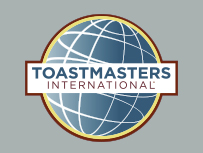
Presentation Skills




 TALES FROM THE ROAD
TALES FROM THE ROAD

